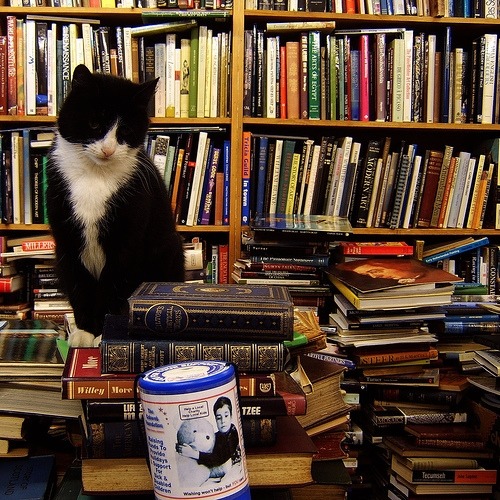Guardian's Shameful Descent into Fascist* Apologetics
A few blogs noticed:
@ Normblog:
The revelations in detail... of the intransigent greed, the escape from decency, of Israeli governments in negotiation with our selected leaders of the Palestinians, serve one purpose among others. They provide a further part of what is now an overwhelming argument for a certain proposition. It is that the Palestinians have a moral right to their terrorism within historic Palestine against neo-Zionism.
Since, as is not in dispute, terrorism in this context means the random blowing up of Israelis on buses, in bars and in other public places, what we have here is a well-known philosopher justifying the killing of, among other people, Israeli children .. . But terrorism against Israeli civilians, that is something else - a now accepted current of left-liberal opinion.
"Adolph Hitler
The Guardian, 21 July 1944
Now thanks to the Guardian we know the truth. The latest leaks show that the illegal war launched by the war criminal Neville Chamberlain did not simply aim at the defence of Poland but at regime change, here in Germany!
As if that were not enough it has now emerged that the assassination plot that mercifully failed yesterday took place after covert contacts with sinister forces in the Western alliance. As early as 1938 secret talks took place between the German military elite and the arch-imperialist, oppressor of India the so-called Lord Halifax about the overthrow of the legitimately elected(ish) Government of the Democratic Third Reich.
After all, who elected Stauffenberg? Who did he and his fellow plotters represent? The only mandate given them was the one emanating from the US-led world order that has always conspired against our people and sided with our oppressors.
You couldn't make it up if you tried.... (The rest here)
This passage from Orwell's "Inside the Whale" has something to say about the likes of Honderich and the Guardian editors who find his ideas worthy of being published:
" ... a day in the life of a 'good party man'. In the morning a couple of political murders, a ten-minutes' interlude to stifle 'bourgeois' remorse, and then a hurried luncheon and a busy afternoon and evening chalking walls and distributing leaflets. All very edifying. But notice the phrase 'necessary murder'. It could only be written by a person to whom murder is at most a word. Personally I would not speak so lightly of murder. It so happens that I have seen the bodies of numbers of murdered men—I don't mean killed in battle, I mean murdered. Therefore I have some conception of what murder means—the terror, the hatred, the howling relatives, the post-mortems, the blood, the smells. To me, murder is something to be avoided. So it is to any ordinary person. The Hitlers and Stalins find murder necessary, but they don't advertise their callousness, and they don't speak of it as murder; it is 'liquidation', 'elimination', or some other soothing phrase. Mr Auden's brand of amoralism is only possible, if you are the kind of person who is always somewhere else when the trigger is pulled. So much of left-wing thought is a kind of playing with fire by people who don't even know that fire is hot. The warmongering to which the English intelligentsia gave themselves up in the period 1935-9 was largely based on a sense of personal immunity. The attitude was very different in France, where the military service is hard to dodge and even literary men know the weight of a pack."
Like Hitler and Stalin, Honedirch does not speak of murder, plain and simple. He buries it in the rather shallow grave of the term "terrorism". And just like Stalin's and Hitler's alternative terms "liquidation', 'elimination', Honderich's resort to "terrorism" is supported by an appeal to utter and exclusive Palestinian self-pity, the time-honoured motivation of the would be genocider.
* Not sure whether "fascist" is the correct descriptor here. In both examples the Guardian makes its pages available to writers who make very serious cases for murdering Israeli Jews. It's just that I was afraid that "genocidal apologetics" might be grounds to the accusation that I cheaply use the antisemitic card to besmirch a respectable paper. "Genocide" is about annihilating Jews qua Jews. Therefore when the murder extolled refers to Israeli Jews then "genocide" is obviously the wrong name for it (the murder). So I looked for a term that might mitigate from the charge. Fascism might be regarded as the stage when preparation of the warrant for genocide takes place. So it will have to do, for now.
I have to wonder at what point this kind of freedom of the press turns into an open hate speech.
___________
Update: Here
Update II: Here

